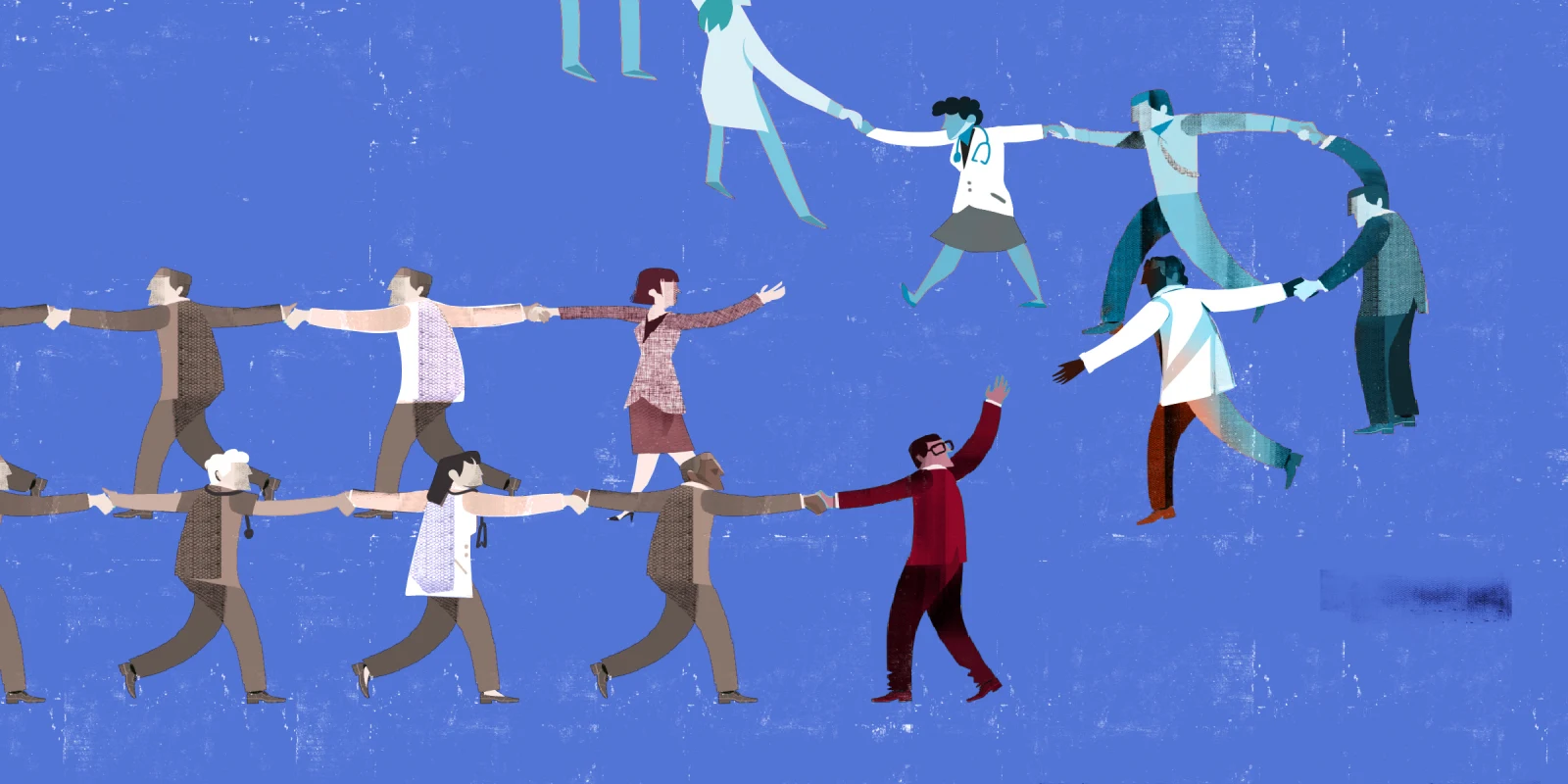Specialty conferences provide invaluable opportunities for learning, networking, and staying current with advancements in the field. Here's a guide to attending these conferences successfully, divided into five key subsections:
1. Travel and Booking: Ensuring a Smooth Conference Experience
Travel logistics can significantly impact your conference experience:
- Book Accommodations/Travel Early: Book flights and secure your stay in advance once dates get released to get the best rates and closest proximity to the conference venue. Having the opportunity to be close to the conference venue allows for more flexibility with attending lectures and partaking in social events.
- Pack Essentials: Bring business professional clothing, business cards, note-taking materials (laptop, tablet, etc.), comfortable shoes, and any necessary documents required to enter the conference venue. Bringing casual clothing is also integral as you can explore the surrounding area (tourist attractions, restaurants, etc.) once the conference is done each day. Also, always pack for unexpected changes in weather.
2. Effective Networking Strategies: Building Connections in Your Community and More!
Networking is crucial for professional growth and advancements in the medical community. Make the most of your conference experience by:
- Utilizing Social Media: Twitter (or X, as it's known these days) is the new trend! Join relevant groups and hashtags on platforms like LinkedIn and X to connect with fellow attendees before the event. This creates a foundation for in-person interactions.
- Attend Social Events: Subspecialty dinners, receptions, and sponsored events offer relaxed environments for networking. Approach conversations with an open mind, share your experiences, and be genuinely interested in others' insights.
- Visit Exhibitor Booths: Engage with industry representatives to understand the latest technologies and pharmaceuticals within the space. Establishing connections with your peers can lead to life-long professional connections or future collaborations.
3. Optimizing Lecture Attendance: Tailoring Your Experience
Selecting the right lectures is crucial for gaining knowledge aligned with your interests within a specialty:
- Review the Schedule in Advance: Download the conference app in advance and identify sessions that align with your expertise and interests. Plan your schedule accordingly to make the most of your time.
- Prioritize Key Topics: If multiple interesting sessions overlap, prioritize those directly relevant to your current work or areas of interest. Many conferences provide recordings or shared slides, allowing you to catch up on missed sessions at a later time.
- Engage in Q&A Sessions: Participate actively in question and answer sessions that typically occur at the end of each lecture to gain deeper insights and connect with speakers.
4. Time Management: Juggling Lectures, Social Events, and Exhibits
Balancing the various elements of a conference requires effective time management:
- Create a Schedule: Develop a daily schedule that includes lectures, social events, and visits to exhibition booths while factoring in breaks to avoid burnout. Plenty of food options should be available during your breaks.
- Embrace Technology: Leverage conference apps and online platforms to access schedules, maps, and important updates. This ensures you don't miss out on essential information. LinkedIn and X also post relevant updates to any schedule changes that may occur.
- Explore New Technologies: Allocate time to explore new technologies showcased at the conference. Stay informed about emerging trends and innovations in your field.
5. In-Person vs. Virtual Attendance: Tailoring Your Approach
Whether attending in person or virtually, tailor your approach for a personalized experience:
- In-Person Attendance: Take advantage of face-to-face interactions for networking and a more immersive learning experience. Attend social events to build meaningful connections.
- Virtual Attendance: Engage actively in virtual discussions, participate in online networking events, and utilize chat features to connect with speakers and fellow attendees.
6. Post Conference Tips
Continue fostering those connections you made during conference week and reach out to new mentors and attendees via email and X. This is the time to follow up on any questions you may have come up with after the conference.
In conclusion, a well-prepared and strategic approach to attending conferences can enhance your professional development, expand your network, and keep you at the forefront of advancements in your field!
Dr. Ayub has no conflicts of interest to report.
Image by Luciano Lozano / Getty Images






